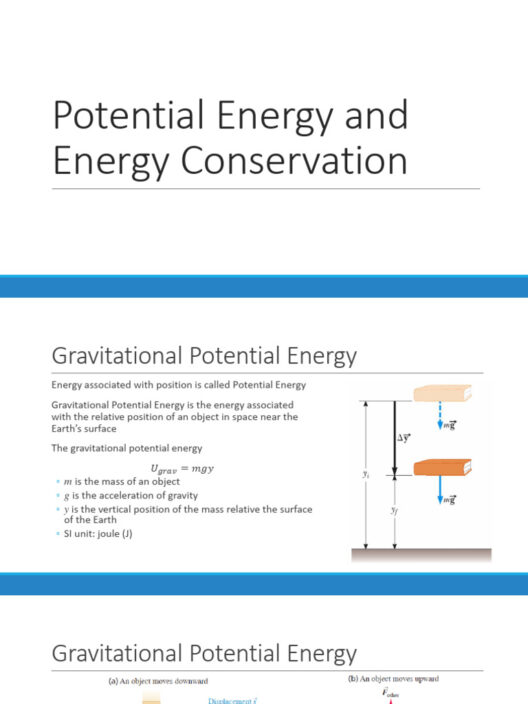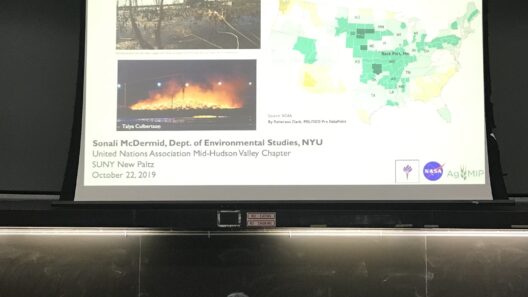As we delve into the intricate relationship between climate change and the oceanic realms, it becomes evident that the ramifications of global warming extend far beyond terrestrial concerns. The oceans, often regarded as the lifeblood of our planet, are experiencing profound transformations, affecting diverse marine ecosystems and the invaluable resources they provide. The underwater worlds of our planet, teeming with life and potential, are now in a precarious state under the vice-like grip of climate change.
The foremost concern lies in the phenomenon of thermal expansion and its companion, the melting of polar ice caps. As global temperatures rise, oceans absorb approximately 90% of this excess heat. This warming leads to a rise in sea levels, endangering coastal communities and eroding deltas crucial for biodiversity. Furthermore, these temperature increases can disrupt the delicate balance of marine ecosystems, leading to the phenomenon of coral bleaching. Coral reefs, often deemed the rainforests of the sea, provide habitat and sustenance for countless marine species. The loss of these vibrant underwater structures heralds a dramatic decline in marine biodiversity, triggering a cascade of negative effects throughout the marine food web.
Alongside thermal expansion, ocean acidification is another critical issue linked to climate change. The oceans act as a carbon sink, absorbing excess carbon dioxide from the atmosphere. This interaction alters the chemical composition of seawater, leading to increased acidity levels. Acidification notably impacts calcifying organisms such as shellfish, corals, and certain plankton. The dissolution of calcium carbonate structures threatens the integrity of marine ecosystems, compromising the very foundation of oceanic food chains. Without intervention, the inundation of acidic waters will engender significant declines in marine resources, affecting not only wildlife but also human economies reliant on fisheries and aquaculture.
While the impacts on marine ecosystems are dire, the implications for underwater resources can be equally alarming. The ocean floor harbors an abundance of resources, including minerals, hydrocarbons, and valuable maritime species. However, the acceleration of resource extraction in an attempt to meet rising global demands presents formidable challenges. The practices of deep-sea mining and overfishing are exacerbated by the effects of climate change, precipitating irreversible damage to the oceanic environment. Unregulated mining processes can lead to habitat destruction, loss of biodiversity, and pollution that jeopardizes local fisheries. The race for resources, conducted without adequate regulatory frameworks, poses an existential threat to the health of the marine environment.
Moreover, the alteration of marine habitats instigated by climate change influences migratory patterns of various marine species. Fisheries, highly sensitive to temperature changes and ocean currents, face unpredictability in catch availability. Climate-induced shifts in the distribution of marine life can lead to overfishing in certain areas while simultaneously causing declines in others. Such fluctuations not only threaten fish populations but also the livelihoods of communities dependent on these marine resources for sustenance and economic stability. Addressing these disruptions necessitates improved management and international cooperation to foster sustainable practices that support both ecological health and human wellbeing.
Interestingly, climate change also engenders opportunities for innovation and resilience within coastal communities. As temperatures rise, some regions may experience the emergence of new marine species or be able to cultivate previously unsuitable crops. However, harnessing such opportunities necessitates a nuanced understanding of shifting ecosystems and proactive measures to mitigate negative consequences. Implementing action plans rooted in scientific evidence and local knowledge will be pivotal in striking a balance between adaptation and sustainability.
Furthermore, the role of marine protected areas (MPAs) cannot be overlooked in the face of climate change. MPAs provide critical sanctuaries for marine species, bolstering biodiversity and enhancing ecosystem resilience. By restricting human activities in designated areas, these zones can serve as a refuge for degraded marine habitats, enabling ecosystems to recover. Strengthening and expanding MPAs, alongside enforcing strict regulations that curtail destructive fishing and mining practices, can offer a viable pathway toward safeguarding underwater worlds amid a changing climate.
Public engagement and education play essential roles in addressing the challenges posed by global warming to oceanic resources. Raising awareness about the interconnectedness of ocean health and climate stability is crucial for galvanizing action. Promoting community-led initiatives that emphasize conservation and responsible resource management can foster a sense of stewardship towards the oceans. Empowering individuals and communities to participate in local conservation efforts, such as beach cleanups and advocacy for sustainable practices, creates a collective momentum toward combating climate change.
In conclusion, the underwater worlds are indeed in flux, profoundly influenced by the complex interplay between global warming and oceanic resources. The consequences of rising temperatures, acidification, and unsustainable extraction practices call for an urgent reevaluation of our relationship with the ocean. Future strategies must integrate scientific research, community involvement, and international collaboration to forge pathways toward resilience and sustainability. The ocean’s health is intricately linked to our own, and safeguarding its myriad ecosystems is a shared responsibility that transcends borders, cultures, and generations.








